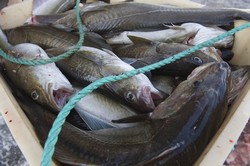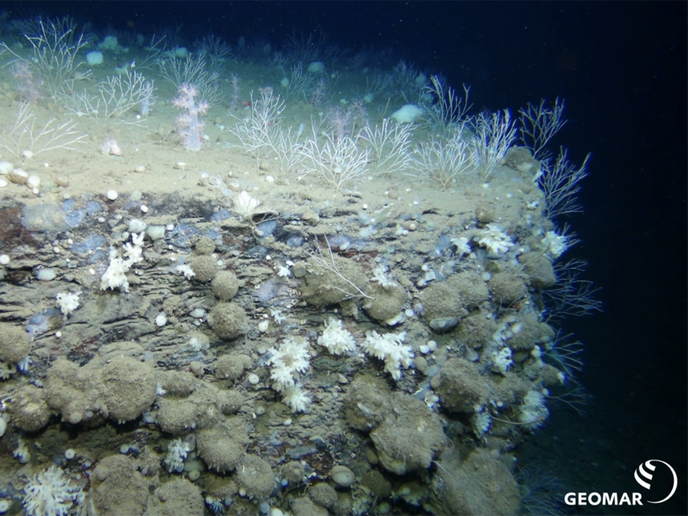Improved management of Europe’s fish stocks
The Common Fisheries Policy (CFP) was introduced by the EU to help ensure the long-term economic, environmental and social sustainability of European fisheries. In the 2013 revision of the CFP, the EU adopted the maximum sustainable yield (MSY) management principle for European fisheries. However, this concept is complicated by interactions between fish populations, as well as varying definitions of the concepts of 'sustainability' and 'yield'. The EU-funded project MYFISH (Maximising yield of fisheries while balancing ecosystem, economic and social concerns) was established to define MSY variants to cover appropriate definitions of yield and sustainability. The project's results help implement MSY within the bounds of the CFP and the Marine Strategy Framework Directive (MSFD). A workshop involving a wide range of stakeholders produced general and regional variants based on three aspects: what to maximise, what to sustain, and how to manage fisheries aiming to achieve MSY. In addition, MYFISH carried out case studies of well-run fisheries around the world, focusing on management and governance. Together, this provided several variants that are relevant to specific European seas, and five that are relevant to all scenarios. The MSY variant 'Maximise Inclusive Governance' was ranked highest overall and a way to operationalise this goal was identified through the definition of ‘Optimal yield’ which denotes a range of management options providing a yield close to MSY, thus providing room for flexibility to ensure both ecosystem, economic and social sustainability. Researchers then created models to predict the performance of the preferred MSY variants in the specific regions and proceeded to operationalise the results of these models through supporting the formation of mutiannual management plans. The models provided data for decision support tables (DSTs), which help policymakers and fisheries managers in different regions. These tables provide concrete options for managing fisheries economically and sustainably within the MSY framework. The project also showed that perception and knowledge differ between fishermen, scientists, NGO representatives and decision-makers, and information systems and issues of trust and recognition of different interests therefore need to be taken into explicit consideration in future fisheries management. MYFISH played a vital role in combining the knowledge and experience of all stakeholders to ensure the sustainability of Europe’s fisheries.
Keywords
Common Fisheries Policy, maximum sustainable yield, MYFISH, Marine Strategy Framework Directive, decision support tables







